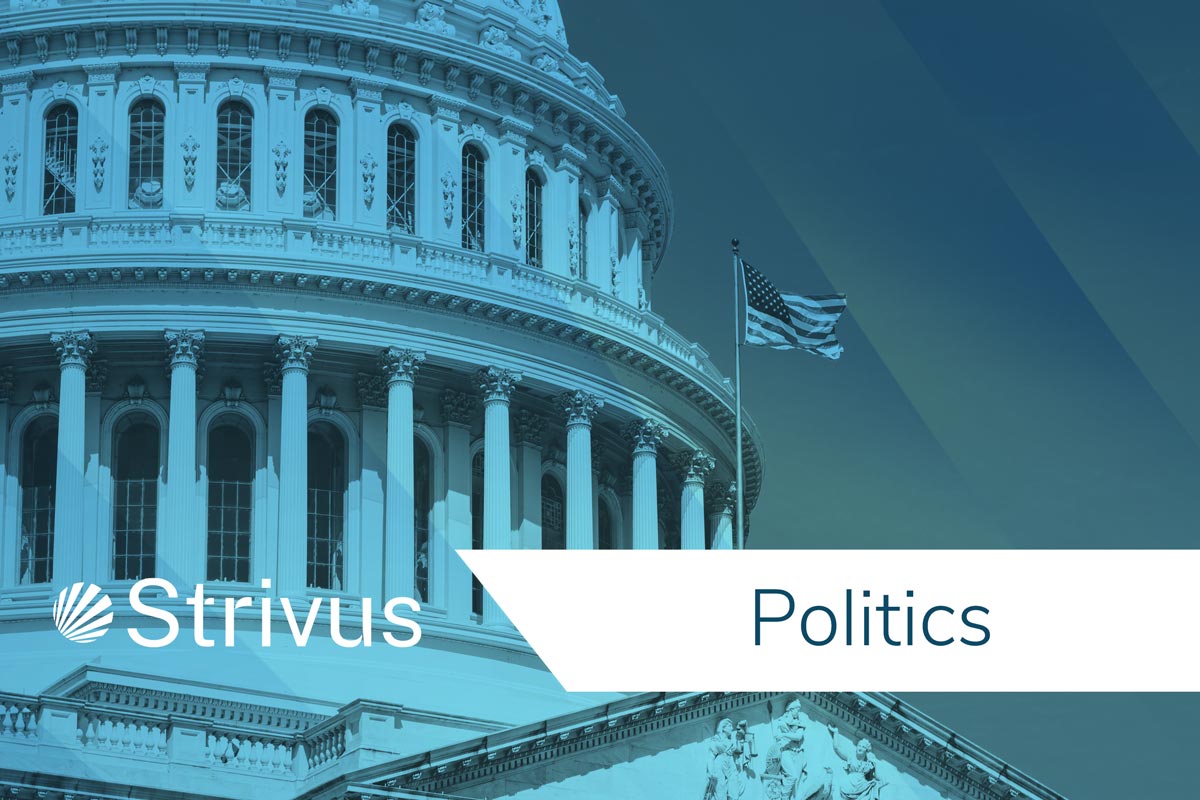Education

Is Biden Empowering Workers?

On July 9, 2021, President Biden added to his impressively high stack of Executive Orders (EOs), signing a three-part plan purporting to improve opportunities for workers. The stated goals are: (1) limit or ban Non-Compete Agreements (NCAs), (2) eliminate unnecessary occupational licenses, and (3) allow HR professionals to share more information.
Before the ink dried on this epistle, I questioned the probable outcome of these mandates. Do the underlying assumptions make economic sense? Do these proposals pass the Constitutional smell test? Finally, will they help or hurt workers?
Non-Compete Agreements are generally used to prohibit (for a period of time) terminated key employees and sellers of businesses from creating or entering into competition with the employer who has paid them handsomely, or the business buyer who helped enrich the seller. Biden seems to believe that eliminating NCAs would somehow enhance workers’ job possibilities.
Personally, in the absence of an NCA, I would expect a business seller to receive substantially less from the sale, knowing that competition from him or her could be immediate. Many business sellers offer the buyer an NCA in order to receive a higher sale price. For key employees, the argument is similar. A key-person would be unlikely to receive the same compensation if not for the NCA. Again, why pay someone handsomely when that person could leave and compete immediately? This one seems to me to be a loser.
Elimination of Unnecessary Occupation Licenses is long overdue. Biden’s own party has relentlessly expanded occupation licensing requirements for jobs that certainly do not require a certificate on the wall. Flower arrangers, hair cutters, interior designers, shampooers, upholsterers, and many more must today be licensed. The public is more than capable of deciding who does a good job, and who does not. Customers will vote with their feet. Besides, prices will come down, making life better for everyone.
HR professionals today are unable to share much information beyond, “Did so-and-so work there from this date to that date?” Workers’ privacy is well protected, and job seekers perceive more flexibility to request higher salary ranges under today’s “don’t ask, don’t tell” rules. Allowing HR people to share more data will likely reduce some applicants’ ability to demand a better deal, fearing his or her previous earnings may be publicized. At the very least, workers will have less privacy under the new EO.
I am baffled how the Administration is expecting improved opportunities.
Van Wie Financial is fee-only. For a reason.
